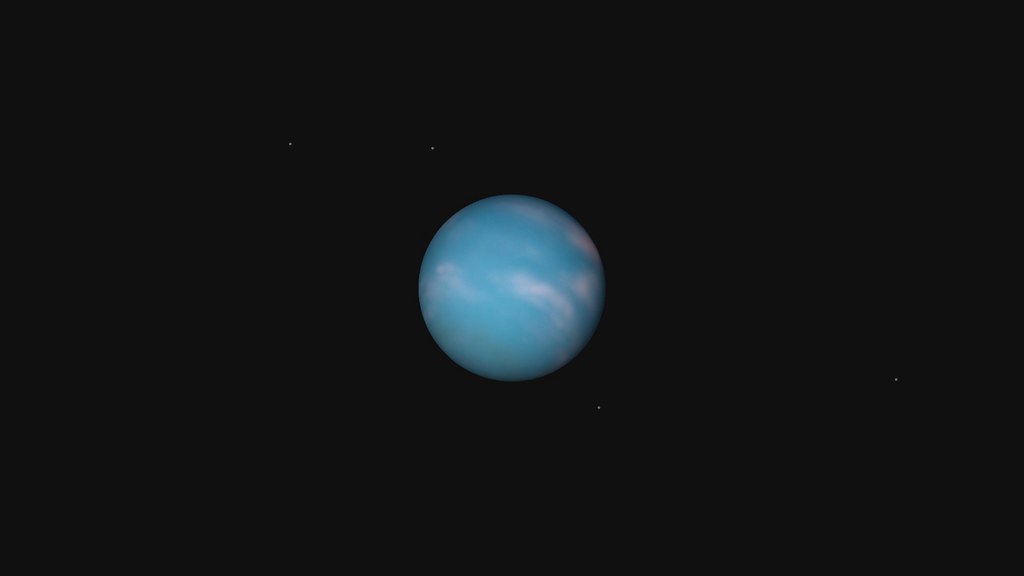Science News Roundup: The forecast on planet Neptune is chilly - and getting colder; Capacity crunch may abort U.S. satellite boom as sanctions threaten Russia launches and more
Not this year, though. RedHill pill shows promise vs Omicron; mRNA vaccines appear effective in those with well-controlled HIV The following is a summary of some recent studies on COVID-19. Experimental pill shows promise against Omicron

Following is a summary of current science news briefs.
The forecast on planet Neptune is chilly - and getting colder
Frigid and far-flung Neptune, our solar system's outermost planet, is adding to its reputation as an enigmatic world, with astronomers puzzled by a surprising drop in its atmospheric temperatures during the past two decades. Focusing upon Neptune's stratosphere - the atmosphere's relatively stable region above the turbulent weather layer - the researchers had expected to find rising temperatures in the part of the planet visible from Earth with the onset of its southern hemisphere summer, a season lasting four decades. Instead, they found temperatures declining significantly.
Capacity crunch may abort U.S. satellite boom as sanctions threaten Russia launches
Houston, we have a problem! U.S. rocket companies are facing the daunting task of ferrying hundreds of satellites to space in the coming years as sanctions sideline the Russian space launch industry.
Ukraine conflict hurts Russian science, as West pulls funding
Dozens of international scientists have arrived each year since 2000 at Russia's remote Northeast Science Station on the Kolyma River in Siberia to study climate change in the Arctic environment. Not this year, though.
RedHill pill shows promise vs Omicron; mRNA vaccines appear effective in those with well-controlled HIV
The following is a summary of some recent studies on COVID-19. They include research that warrants further study to corroborate the findings and that has yet to be certified by peer review. An experimental pill shows promise against Omicron
ALSO READ
U.S. Steps Up Surveillance over Nigeria Amid Rising Security Tensions
U.S. Stocks Surge on AI Optimism Amid Holiday Cheer
U.S. Diplomacy Shakeup: Trump Recalls Ambassadors Amidst Controversy
ICC Ensures U.S. Cricket's Continued Global Participation Amidst Financial Crisis
Tensions Escalate as U.S. Cracks Down on Venezuelan Oil Trade










